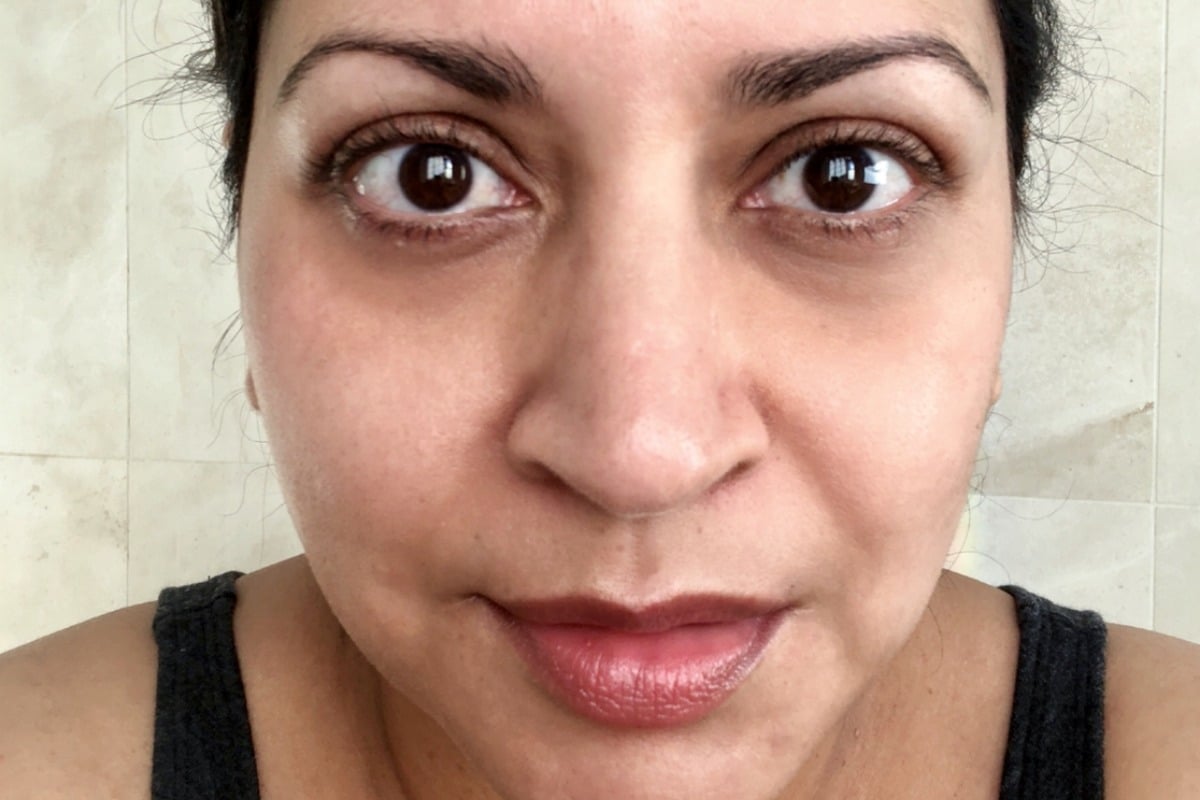
There are two questions that single parents ask themselves.
On a good day, it’s “Am I doing enough?”
On a bad day, it’s “Will I ever be enough?”
I’ve been a sole parent – meaning I’m a single-income, non-custody sharing mum – for a decade. So I know this is a single parent’s biggest fear – that we will never be able to give our kids what two adults in the home may be able to.
Of course, it’s not true. We can, and we do, all the time. But that thought process is part of the hidden and unique mental load that comes with being a single parent.
The mental load – the invisible, emotional labour, of thinking of everything, and then doing everything, entirely on your own.
There’s no one to tag-team with, or to assume your unrelenting responsibilities. No one to complain to your friends about them not pulling their weight – because there is no one else there.
This is our mental load in addition to the housework and groceries and laundry; as well as the millions of things that need to get done – when to buy the birthday present for the party, taking our cherubs to the doctor, going to that early morning meeting, dealing with the aftermath of a mean comment from a kid at school, homework that no one understands, getting the car serviced, and paying the bills on time.
For many single parents, myself included, that was a choice. And I admit that parenting is most certainly easier alone than with someone who isn’t interested in being a partner in it. But that doesn’t mean that the fear isn’t there. The fear is always there, for single parents. It’s just us, and no matter how brave we are, the overwhelming worry can grip our hearts when we least expect it.

Top Comments
I am so glad you made the distinction between 'single' parent and 'sole' parent. The word 'single' reflects your relationship status, not your parenting status - often there's still another parent in the picture who shares custody and financial responsibility for the child/children, not to mention sharing the concern for their welfare. Many people who call themselves single parents also have new partners who offer emotional support. A sole parent is one who has all that responsibility themselves. Each scenario has it's own challenges, but they are very different. I've been a sole parent for 12-years and the challenges I face are very different to those of my friends who are co-parenting or who are in new relationships.
This really exemplifies why parents who co-parent their kids should never call themselves "single parents". Doing it truly on your own, as opposed to the unique challenges of sharing the responsibilities of parenting, is totally different and should be respected as such. Co-parents should not co-opt the "single parent" term.
I think this totally depends on the coparenting situation. I do everything that is mentioned in the article and more yet my children spent two nights a fortnight with their father. Yes, I coparent and do the best I can with that given the circumstances. However, I am very much a single parent to my children and am seen as that from friends, my children and coworkers.
You make a good point, but the feeling of having to hand your kids over to that ‘co-parent’ a couple of days a week never gets easier. 3/4 of the week I do it completely solo and work full time. The rest of the time I feel half there as my kids are missing.
I am a single parent for 10 years. Yes his dad takes him sporadically but I am just as much a single parent as someone who does it all by themselves. I am the one who is financially responsible for my child, I am the one who does his schooling,his sports, his emotional needs and everything else that he needs.
I don’t have someone to ask to do things for me im regards to my son.
What else do you think qualifies as a single parent??
Yep, that's why I alluded to the "unique challenges" of co-parenting. True single-parenting is also unique in its challenges (as per this article), which is something that should not be co-opted by co-parents. Even if you share only 10% of the mental load, financial cost and physical responsibility of parenting, that's 10% more than what sole parents have. Additionally, in co-parenting, the potential for sharing the load more equally, or with more give-and-take over time often exists, which again, for truly sole parents, this also doesn't apply.